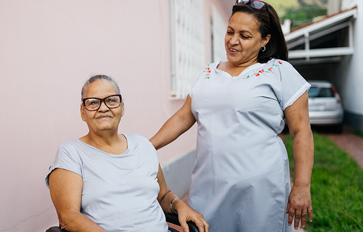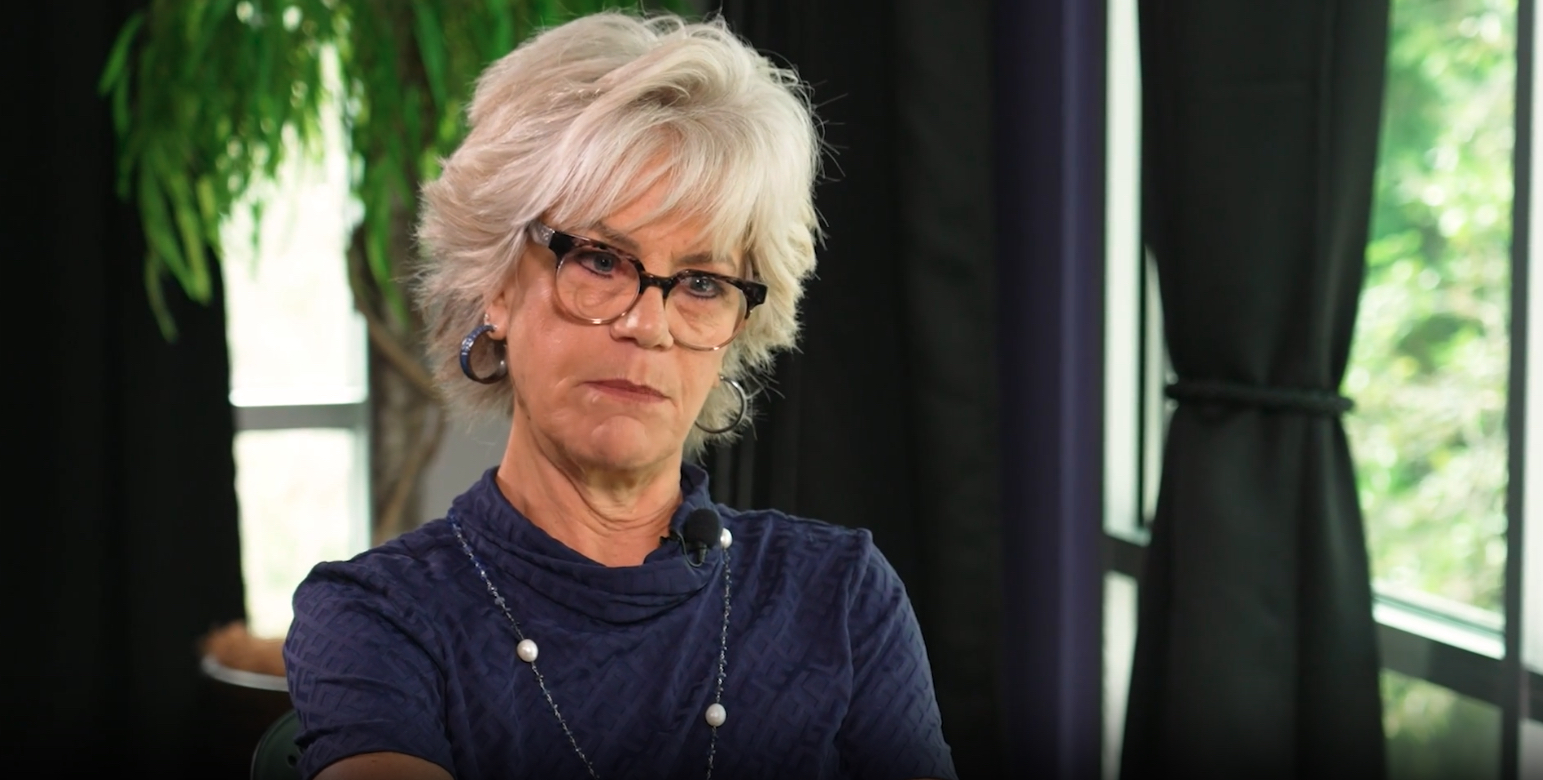Within The Art of Caregiving online summit, O’Rourke explained her 5 keys for the modern caregiver:
1. Understand The Fragile Years
“It’s a life stage. You’ll see us slowing down. You’ll see a reduction in activities. I think about my dad golfing five days a week, down to three days a week. And then it goes to giving up some independence, and more reminiscing and looking back,” O’Rourke explained. “It’s a natural stage. When I would meet children, they would say, ‘I can’t believe this, I wasn’t expecting this.’ I’m thinking, ‘Oh, you need to know this is normal.’ Once they learn that it’s normal, it calms everything down and then they can really be present.”
2. Minimize Medical Intervention
“When you’re in the fragile years, it’s key to find out what is important to the older adult. Do they want to watch TV? Do they want to walk? What do they want to do?” O’Rourke explained. “Then when you’re interfacing with the acute medical systems, if one of those treatments is going to interfere with that love of what they want to do, don’t do it. Because your priority is, how do they want to function?
So ‘less is more’ becomes the key in this time of life, because you could actually lower the number of years they’re going to live, but also increase the quality. They could have surgery and end up in bed and never get back out of bed.”
3. Manage Expectations
“Everybody has anxiety, and everybody has expectations that they want met, and they usually collide. What’s realistic? If you want your mom or dad to go to the gym six days a week, is that realistic?” asked O’Rourke.
“Typically, the mistake that caregivers make is they want to make a solution that’s too big, too much for the older adult to really sustain. Example: ‘Mom is falling. I want her to move to assisted living so she will stop falling.’ That’s extreme. And people fall in assisted living. So, it’s an extreme solution and it’s too much, too fast, for the older adult to even absorb because they have their own expectations.”
4. Manage Your Energy
“I was in a meeting with a daughter who’s crying her eyes out. She’s working full time, her dad lives across the street, her mom’s in a nursing home and she hasn’t stopped any of her normal activities. She’s sobbing from fatigue, but she hasn’t really learned how to manage her own energy. She needs help with her dad, she needs help with her mom,
she needs help with herself,” O’Rourke revealed.
“By the end of our meeting, she could see that she couldn’t sustain all the things she was doing, because you only have a limited amount of energy in a day. And she felt tremendous relief knowing ‘I don’t have to walk around so fatigued all the time.’ Because what happens is they get mad, and they don’t want to get mad at the person they’re caring for.”
5. Knowing What To Do
When All Else Fails
“It’s for people to realize that all their interventions, all their help and support might not get their parent to where they need to be. So while you wait, you investigate areas like home care, nursing homes, assisted living, You find out all the support ahead of time and you wait and you realize that when the crisis hits, you’ve done all your research and you’ll be there for them,” said O’Rourke.
“Don’t leave your parent because they’re not doing what you think they should do. Just continue to be there and don’t lose that connection. You just have to let go of, ‘you’re not getting what you want.’”
This article is featured in the November 2022 issue of The Growing Bolder Digital Digest.












